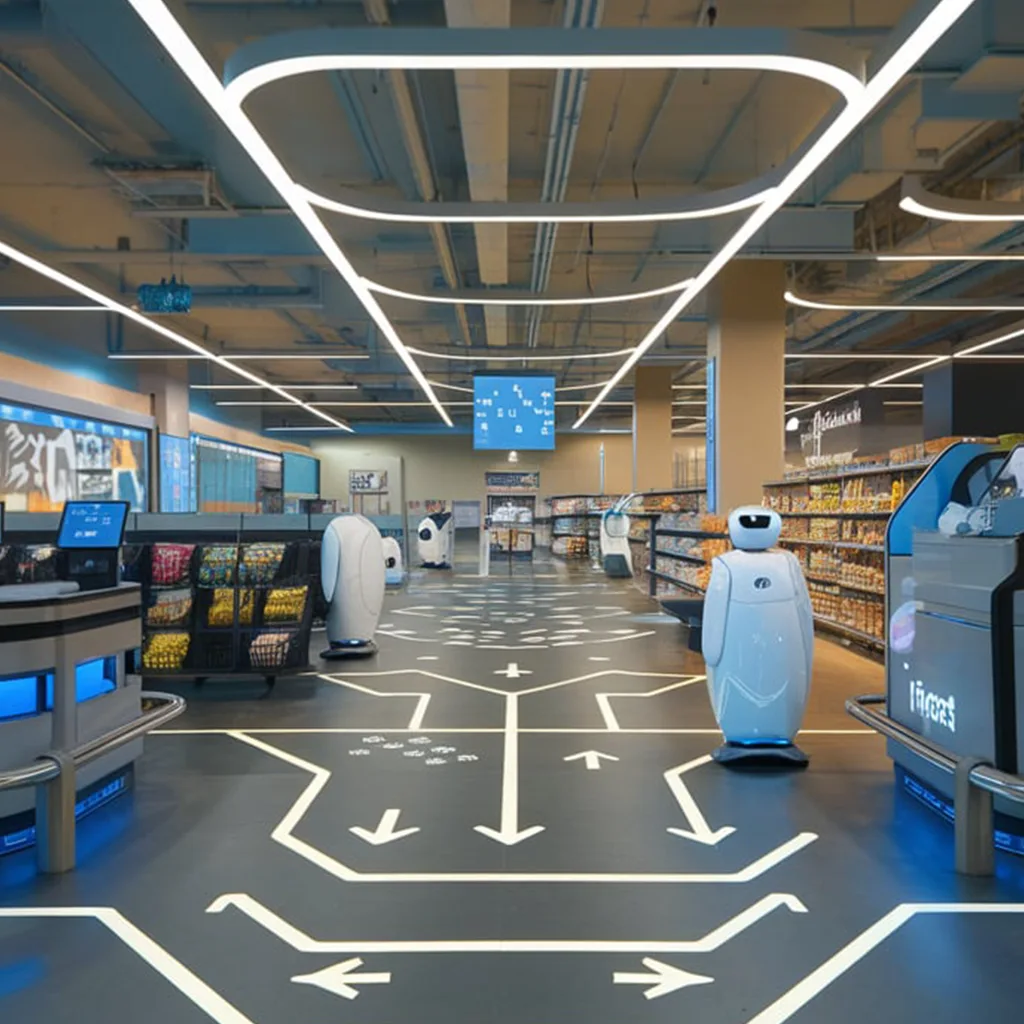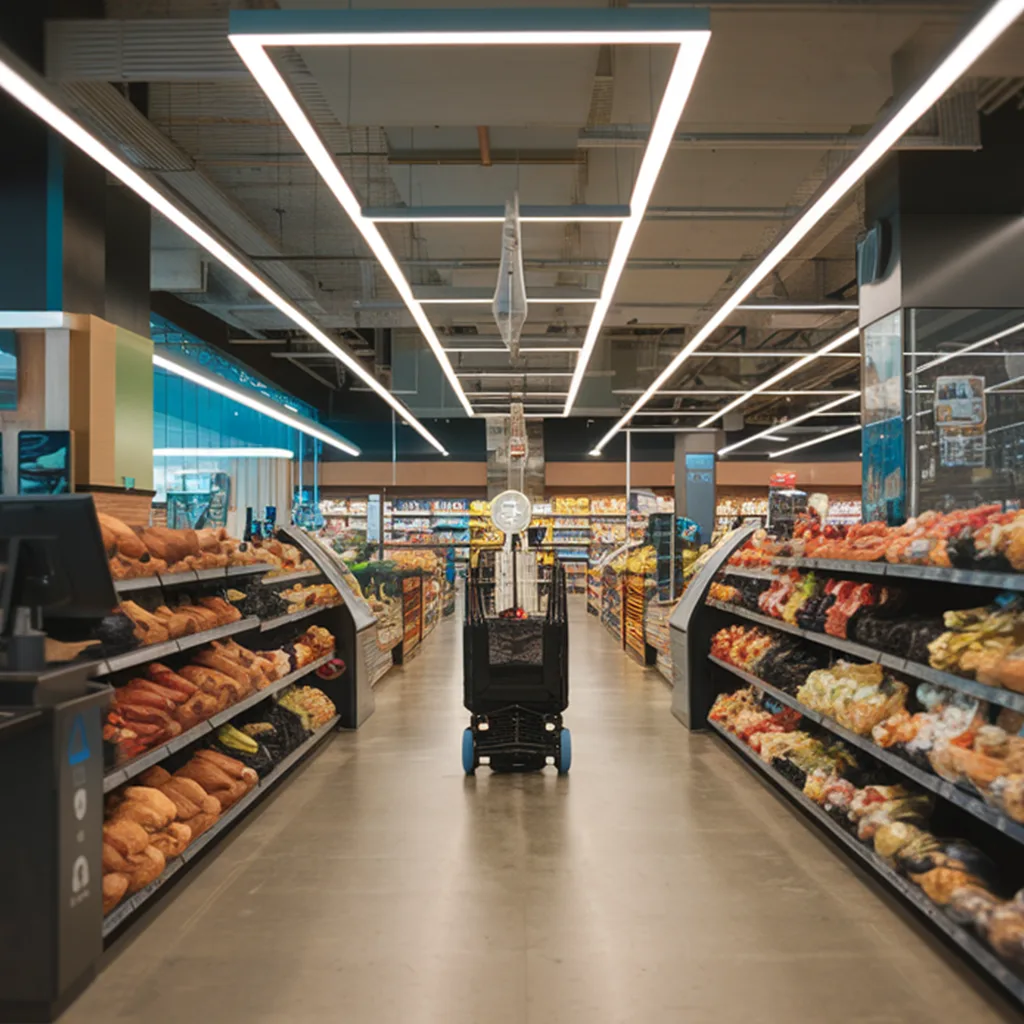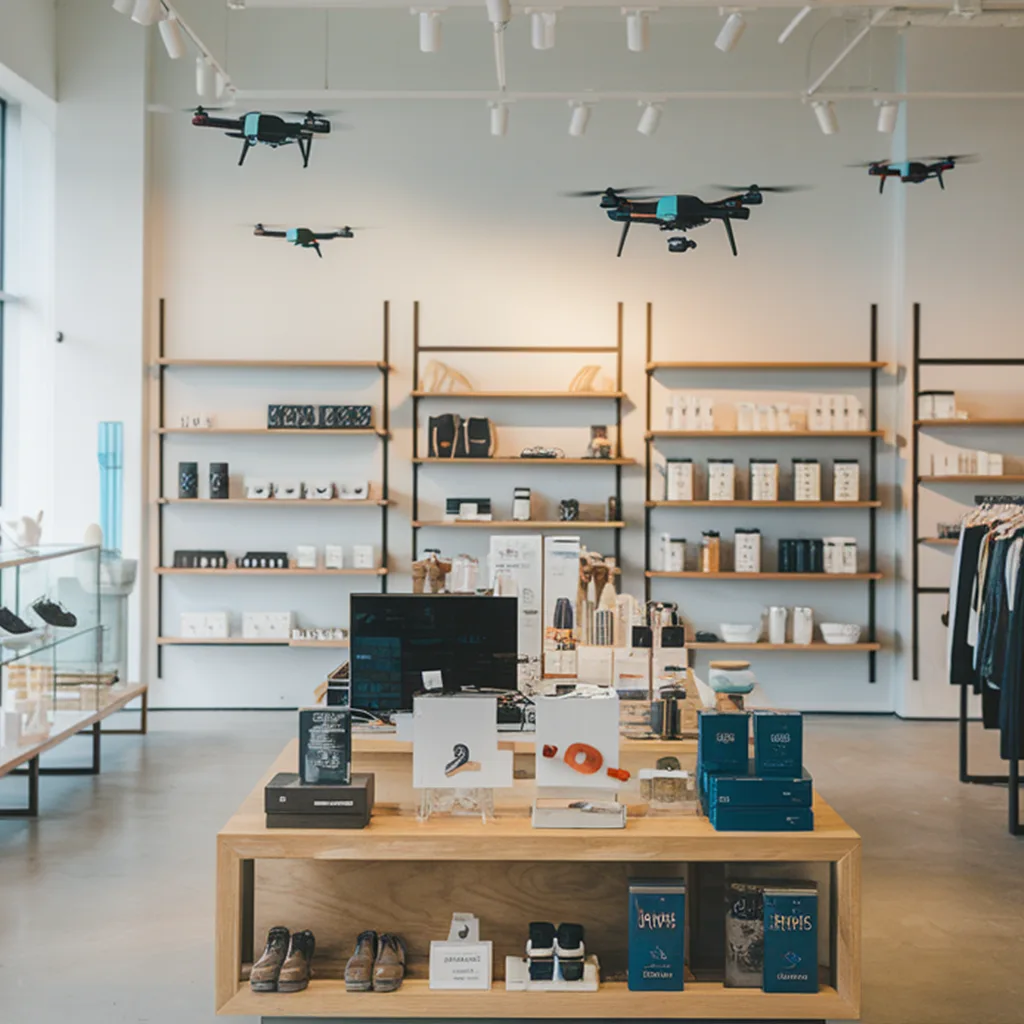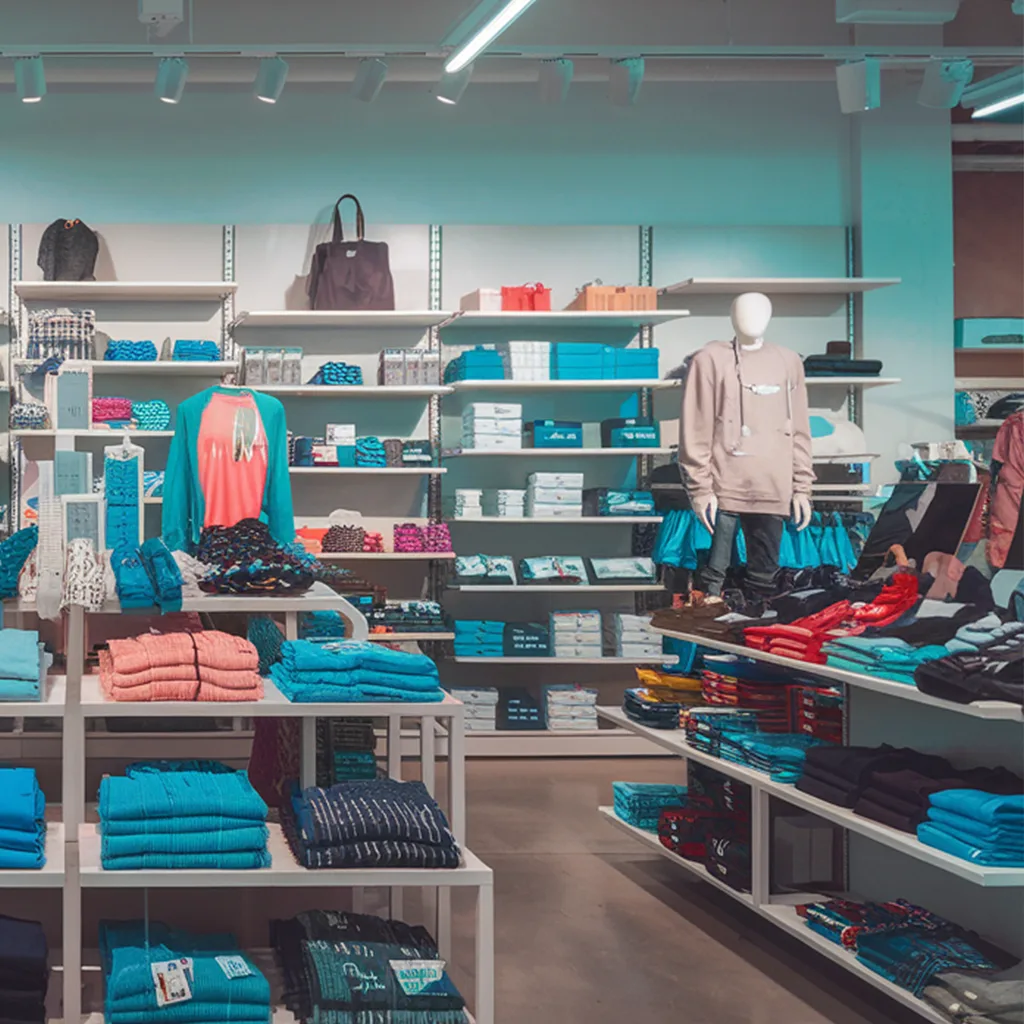New Technology in Retail Industry: Transforming the Shopping Experience
The retail industry has always been at the forefront of adopting new technologies to enhance customer experience and streamline operations. In recent years, the integration of new technology in the retail industry has accelerated, bringing about significant transformations.
From artificial intelligence to augmented reality, these advancements are reshaping how retailers interact with consumers and manage their businesses. This article explores the latest technological innovations in the retail sector and their impact on the industry.
Cutting-Edge Technologies Revolutionizing Retail
Artificial Intelligence and Machine Learning
Artificial intelligence (AI) and machine learning (ML) are among the most influential new technology in retail industry. These technologies enable retailers to analyze vast amounts of data to gain insights into customer behavior, preferences, and trends.
Applications of AI in Retail
- Personalized Shopping Experience: AI algorithms analyze customer data to offer personalized product recommendations, enhancing the shopping experience and increasing sales.
- Inventory Management: Machine learning models predict demand for products, helping retailers manage inventory levels efficiently and reduce waste.
- Customer Service: AI-powered chatbots and virtual assistants provide 24/7 customer support, improving service quality and reducing operational costs.
Augmented Reality and Virtual Reality
Augmented reality (AR) and virtual reality (VR) are transforming the way customers interact with products online and in-store, and are one of the most important new technology in the retail industry.
Benefits of AR and VR in Retail
- Virtual Try-Ons: AR technology allows customers to try on clothes, accessories, or makeup virtually, making online shopping more interactive and reducing return rates.
- Enhanced In-Store Experience: VR can create immersive in-store experiences, such as virtual showrooms or interactive product displays, attracting more customers and increasing engagement.
- Product Visualization: Customers can visualize how products, like furniture or home decor, will look in their space before making a purchase.
Internet of Things (IoT)
The Internet of Things (IoT) is another significant technological advancement in the retail industry. IoT devices connect physical objects to the internet, enabling real-time data collection and analysis.
IoT Applications in Retail
- Smart Shelves: IoT-enabled shelves track inventory levels and alert staff when restocking is needed, ensuring that products are always available.
- Beacons and Sensors: These devices can provide personalized offers and information to customers based on their location within the store, enhancing the shopping experience.
- Supply Chain Optimization: IoT technology improves supply chain visibility, allowing retailers to monitor shipments and manage logistics more effectively.
E-commerce and Mobile Technology
The rise of e-commerce and mobile technology has revolutionized the retail industry, providing new ways for consumers to shop and for retailers to reach their target audience.
Trends in E-commerce Technology
- Mobile Shopping: With the increasing use of smartphones, mobile shopping apps are becoming more popular, offering a convenient shopping experience on the go.
- Omni-channel Retailing: Retailers are integrating online and offline channels to provide a seamless shopping experience. Customers can browse products online and pick them up in-store, or return online purchases to a physical store.
- Payment Innovations: Technologies like mobile wallets, contactless payments, and cryptocurrency are making transactions faster and more secure.
Robotics and Automation
Robotics and automation are playing a crucial role in transforming retail operations, from warehouse management to customer service.
Robotics and automation are playing a crucial role in transforming retail operations, from warehouse management to customer service.
Impact of Robotics in Retail
- Warehouse Automation: Robots are used for tasks such as sorting, packing, and shipping products, increasing efficiency and reducing labor costs.
- In-Store Assistance: Robots can assist customers in finding products, provide information, and even handle checkout processes, enhancing the overall shopping experience.
- Automated Checkout: Self-checkout systems and cashier-less stores, like Amazon Go, use advanced sensors and AI to enable customers to shop without waiting in line.
Blockchain Technology
Blockchain technology is gaining traction in the retail industry for its potential to enhance transparency, security, and efficiency.
Applications of Blockchain in Retail
- Supply Chain Transparency: Blockchain provides an immutable record of product provenance, helping retailers ensure authenticity and build customer trust.
- Secure Payments: Blockchain-based payment systems offer secure, fast, and cost-effective transactions, reducing the risk of fraud.
- Loyalty Programs: Retailers can use blockchain to create more efficient and secure loyalty programs, providing better rewards and experiences for customers.
List of New Technologies in Retail Industry
- Artificial Intelligence (AI)
- Machine Learning (ML)
- Augmented Reality (AR)
- Virtual Reality (VR)
- Internet of Things (IoT)
- Mobile Technology
- Robotics
- Automation
- Blockchain Technology
Frequently Asked Questions about New Technology in Retail Industry
What is the role of AI in the retail industry?
AI plays a crucial role in personalizing the shopping experience, managing inventory, and providing customer service through chatbots and virtual assistants. It helps retailers analyze customer data to make informed decisions and improve operational efficiency.
How does AR enhance the retail shopping experience?
AR allows customers to try on products virtually and visualize how items will look in their space. This interactive experience reduces return rates and increases customer satisfaction by providing a more accurate representation of products.
What are the benefits of using IoT in retail?
IoT improves inventory management with smart shelves, enhances customer experience with personalized offers through beacons, and optimizes supply chain operations by providing real-time visibility and data analytics.
How is mobile technology transforming the retail industry?
Mobile technology enables convenient shopping through apps, supports omni-channel retailing, and introduces innovative payment methods like mobile wallets and contactless payments, making transactions faster and more secure.
Why is blockchain important in retail?
Blockchain enhances supply chain transparency, ensuring product authenticity and building customer trust. It also provides secure payment solutions and more efficient loyalty programs, reducing the risk of fraud and improving customer engagement.





